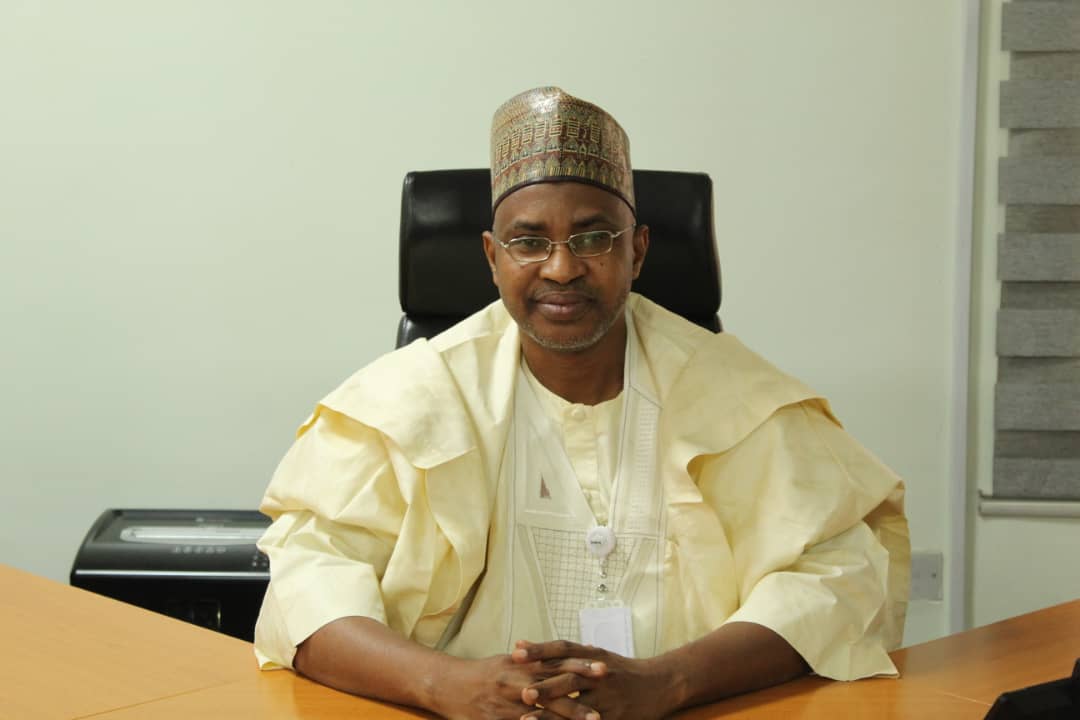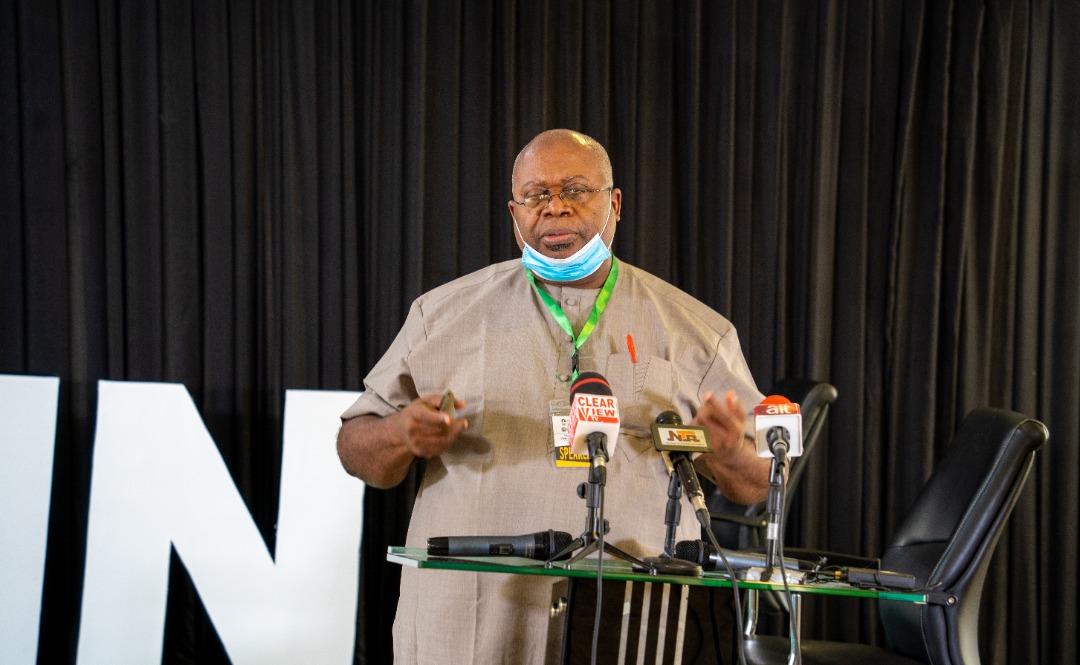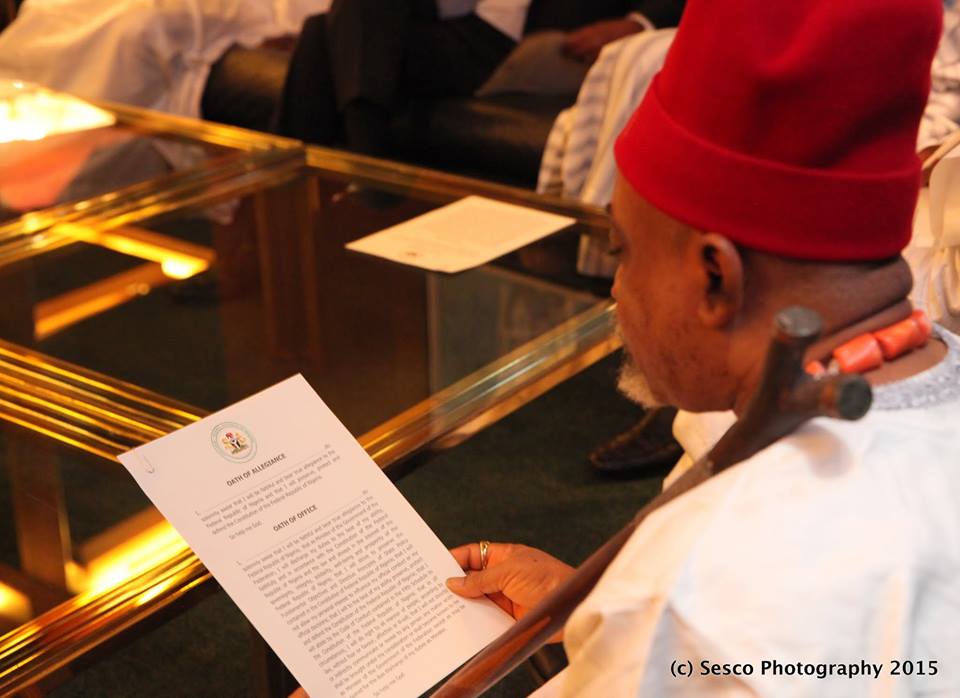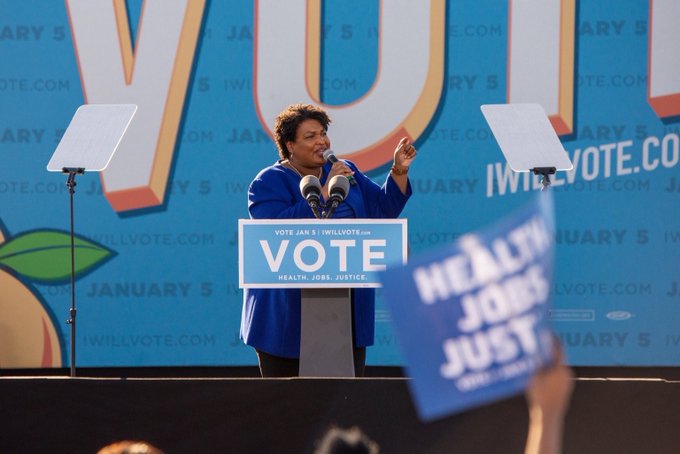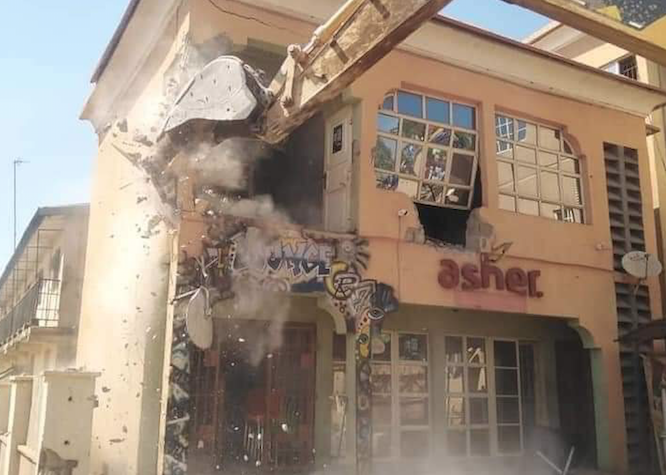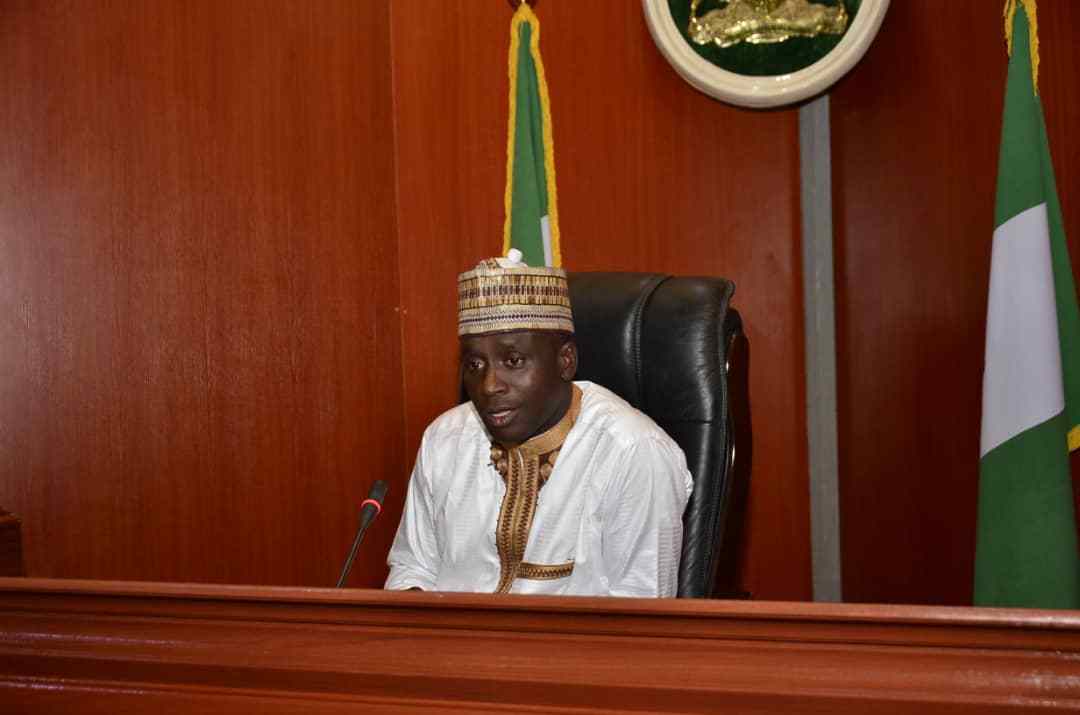University Graduation Cap with Scroll Icon Student Education Symbol Isolated Realistic Design Vector Illustration
BY ADEOLU OYEKAN
There is an interesting discussion ongoing about the state of higher education in Nigeria. At the core of that debate at the moment is the question of what should be the role of Nigerian academic diaspora. Should they be critics, builders or both? How should many of them manage the huge, undeniable difference between their experiences at home and what they see abroad?
To be frank, the issues bedevilling the academia in Nigeria are so many. Some of them have to do with workplace culture, which definitely needs to get better. But we can tie that as well to the institutional challenges, which if addressed, can improve work ethic. But our universities lack very solid structures, and this is not a deficiency you can place wholly at the doorstep of Nigerian academics. To a large extent, most of our universities are now Nigeria in microcosm. All the ills you see in the larger society stare you right in the face across our campuses. The infrastructural deficits need not be reemphasized here. They constitute a big obstacle to productivity. This does not in any way deny the fact that a number of Nigerian scholars loathe criticisms, either from younger ones, members of the public, or their colleagues in diaspora. It is an attitude by those who oftentimes, are incapable of self-criticism to insulate themselves from any form of scrutiny. This I must say, applies to some, not all, but such denials and attacks in the face of unpleasant appraisals, a good number of which are correct, make improvements difficult.
I for one do not support the acceptance or repudiation of an idea without interrogating it, on the mere basis of where it is coming from. I also do not agree that the academic diaspora cannot critique the system at home, just because they moved abroad. People migrate for diverse reasons, so it is most uncharitable to label our colleagues based abroad as runaways who couldn’t withstand the pressures at home, fleeing to safety and comfort only to sneer and jeer at those who have chosen to stay and brave the odds. Truth is, many at home will flee too if given the opportunity. Just as it is speculative to lay unquestioned claim to moral uprightness without passing the test of temptation, it is not advisable to assume one is automatically a hero, for being a long-suffering homebased academic. Furthermore, there is some contradiction, no matter how little, in seeking to shush those in the diaspora by those who teach in universities outside their states of origin, and who participate in discussing issues arising from institutions in their own state. If we accept the argument against our compatriots abroad, then a Professor of Ibadan origin, working at the University of Lagos will not be eligible to participate in discussions about the University of Ibadan unless and until he returns home.
Advertisement
A few days ago, Professor Moses Ochonu suggested some things he feels ASUU should be doing. I have said a few things in the past about his views on ASUU, and decided to sit this one out, at least on his page. As usual however, I took the post to some platforms, where I believe we could sift through, and pick some of the recommendations that are not only ideal but workable. For instance, I believe that ASUU can step up its opposition to sexual harassment in our universities, beyond mere denunciation. Since we all agree it’s a serious problem, we should be willing to do more to address it. I also agree with his idea of advancing a Students’ Bill of Rights, as well as having evaluations from students as a kind of feedback. That will require though, a further measure that prevents mischievous university administrators from using same as a tool of victimization.
I was a bit shocked however, to read Prof as suggesting that ASUU protects plagiarists and student molesters. I felt we could differentiate between not doing enough, or not doing anything, depending on the viewpoint, on the one hand, and encouraging or covering up glaring acts of criminality, on the other. From my limited knowledge of ASUU, and I think I do know quite a bit about the Union, I have not seen for once, where this has happened. Assuming without conceding still, that there has been an instance or two of such, it would be condemnable, but still not enough to describe the Union as has been done. I also noted that Prof didn’t dwell on a possible alternative to strikes, which he says has robbed the Union of the support of the public. I believe we can all agree there will continue to be strikes for as long as the government continues to prove irresponsible. I still think it is not the fault of ASUU that successive governments across different levels are incapable of respecting agreements. To take anything from the Nigerian government without being forceful has proven futile in a lot of cases. That’s why those who abandon millions of innocent kids to roam the streets as beggars spend huge sums of money rehabilitating their older siblings who have joined Boko Haram. They prefer to watch problems fester to the point of threatening our existence before dealing with them.
Coming to the brief but viral intervention by Professor Toyin Falola, many missed the point by aiming at the man. It is not about him seeking relevance. He has enough of that to last many lifetimes. It will help those who wish to deviate from the issues and attack his person to research more about him. I do agree however, with those who say that the intervention was more against those regarded as uncharitable diaspora academics, saying little or nothing about the problems that created what is seen as toxic criticism. The implication of this, even if unintended, is that it gives a whipping rod to some who wish to evade or obscure the issues, as some colleagues are doing on a number of platforms now. In defence of Professor Falola though, it can also be said that he has a right to limit himself at a given time to what is no doubt a many-sided problem, and with which he has engaged over the last few decades through different outlets. Such a brief piece could not have summed up the entirety of his view, with which many of his critics are obviously not familiar.
Advertisement
It is equally not helpful in my opinion, to have a monolithic view of Nigerian academics in the diaspora. They vary in their views, from the indifferent, to those who choose to see only the roses in the thorns, to the downright toxic, self-righteous ones who see nothing good but simply enjoy blanket trashing, as well as those who see both the challenges and prospects. A number of those in the last category are doing their best to give back and help solve some of the problems they identify. I align myself with those in that category, because the dual approach can only keep those at home on their toes, even as they benefit from the material and mental resources offered for improvement. This cuts across mentoring and networking platforms to outright financial investments. Professor Falola’s latest intervention, while not all-encompassing or applicable to many members of the Nigerian academic diaspora, is a rebuke of the condescending members of that community. It is easy to see in write ups and discussions that some members of the group criticize amiss, either by exaggerating problems, misdiagnosing them, or outrightly inventing them. A triumphalist approach to the conversation on how to improve higher education in Nigeria contributes nothing significant to the debate.
The summary then, is that we should continue to criticize, but from a position that seeks to build, not destroy. We need those in the diaspora for exchanges that improve workplace culture. We need them for productive collaborations. Those among them who mean well also need to balance their criticisms with an understanding of the larger social and political climate within which some of these challenges manifest and fester. The culture of accountability that we see in American and European universities are not peculiar to the ivory towers. You see them in other institutions and the society in general. We may just be wishing for too much when we hope to see universities that compare with their peers abroad when Nigeria as a nation continues to retrogress. Our universities largely reflect Nigeria, in the same way the universities we see abroad largely mirror their countries. I do not wish that we stop trying, but we must acknowledge how daunting it is to find islands of sanity in a very vast ocean of chaos and disorder that our country has become.
Views expressed by contributors are strictly personal and not of TheCable.
Add a comment

